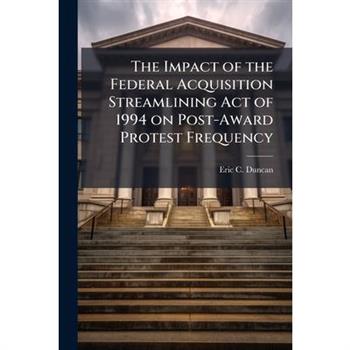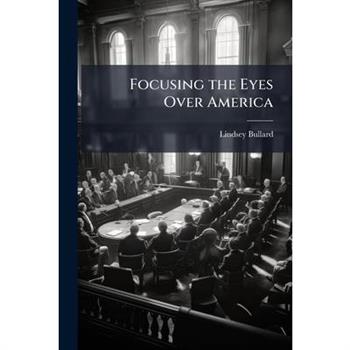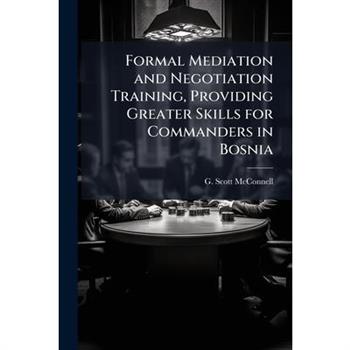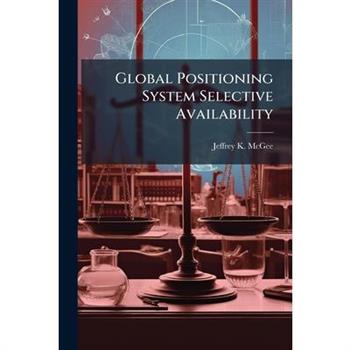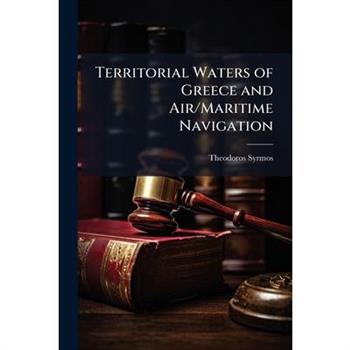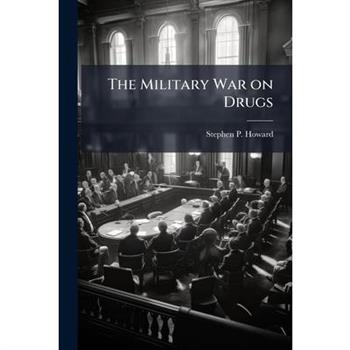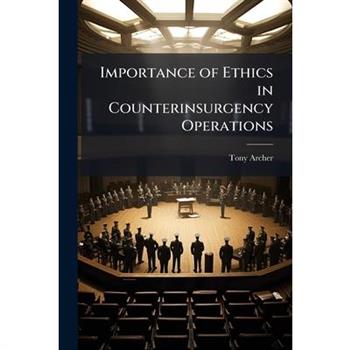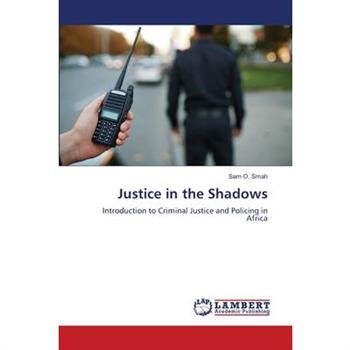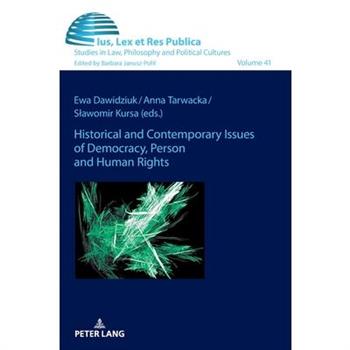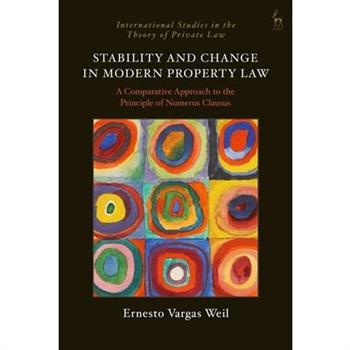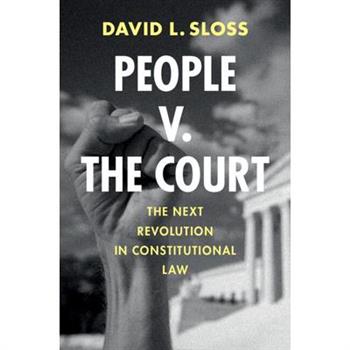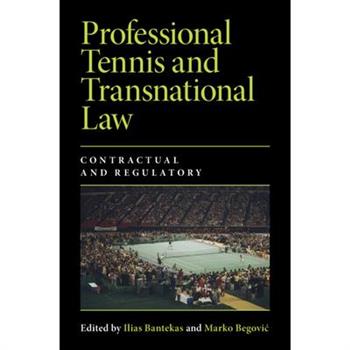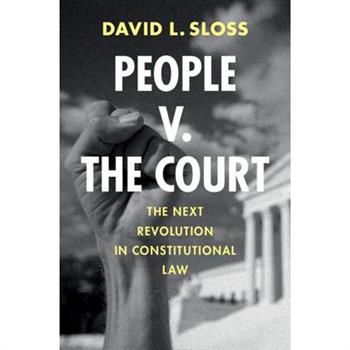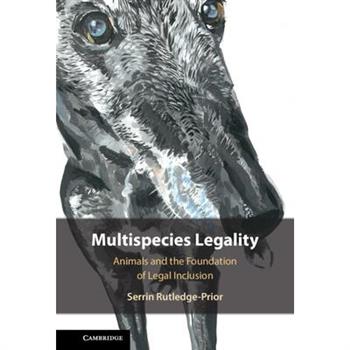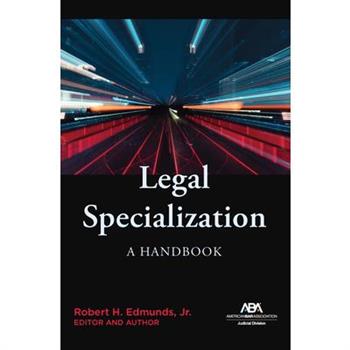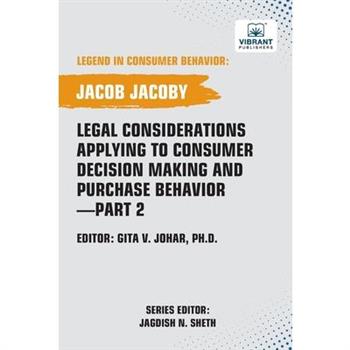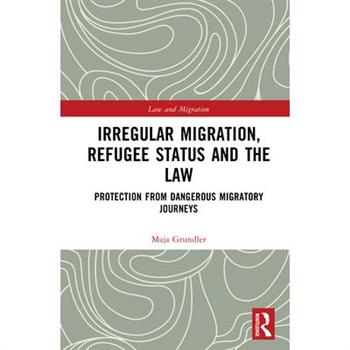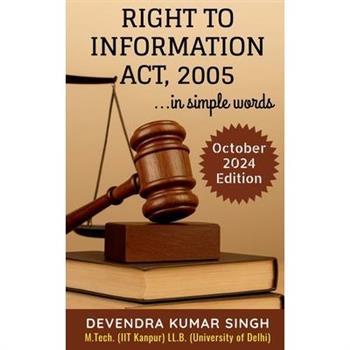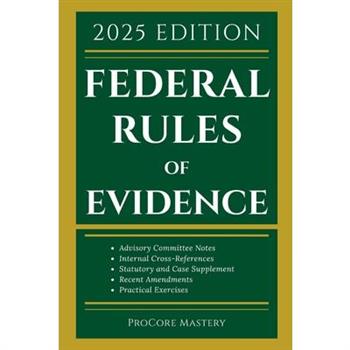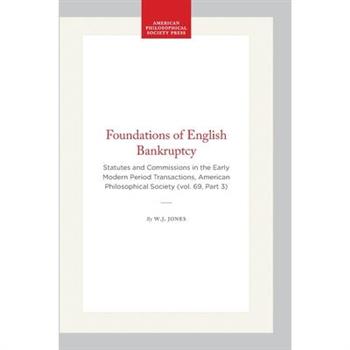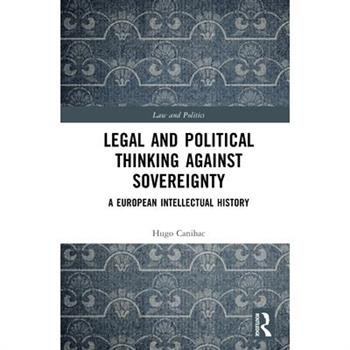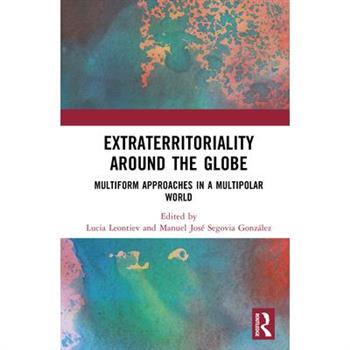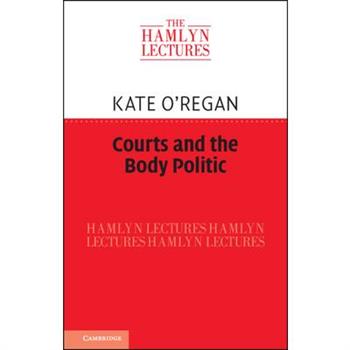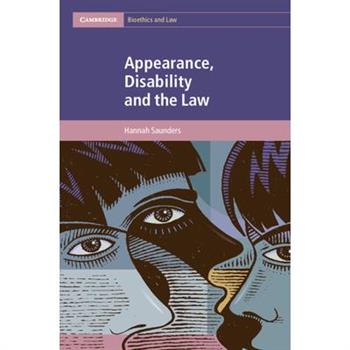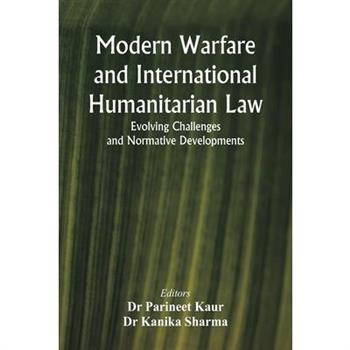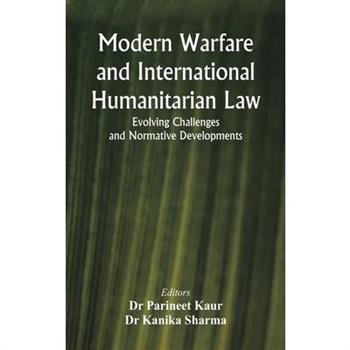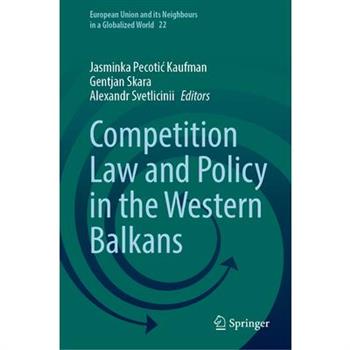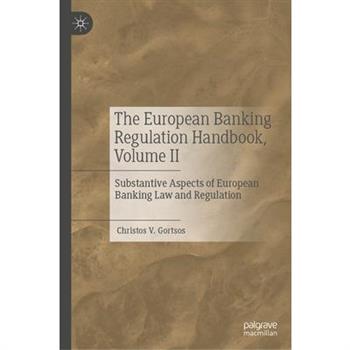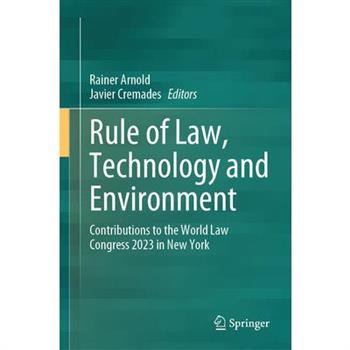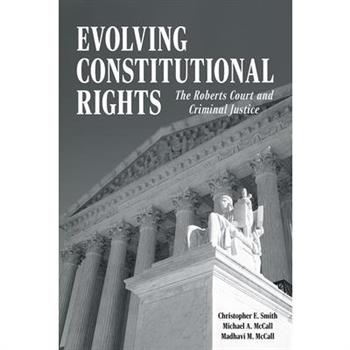Territorial Waters of Greece and Air/Maritime Navigation
Probation Violations in North Carolina
Probation Violations in North Carolina sets out the law applicable to state probation violation hearings. A probation violation hearing is less formal than a criminal trial, but it still requires certain procedures as a matter of state statute and constitutional due process.In 2011, the General Assembly passed the Justice Reinvestment Act, making major changes to the law of sentencing and probation. The revised law placed substantial limitations on a judge's authority to revoke probation for violations other than a new criminal offense or absconding. Subsequent appellate litigation, discussed in this book, has resolved many of the questions that were unanswered at the time of the law's enactment.The law and procedures discussed in this book apply to supervised and unsupervised probation alike and to cases sentenced under both Structured Sentencing and the state impaired driving law.
From Theory to Practice in Private International Law
This book, compiled in honour of the work and life of Professor Jonathan Fitchen, brings together preeminent scholars from across the private international law world to address a wide spectrum of subject matter in the discipline. It offers substantial new insights into our understanding of private international law - from theory to practice. The contributions in the book analyse a variety of conceptual and substantive problems in private international law and consider current developments in the discipline, from conceptual analyses of the evolving nature and scope of private international law to substantive problems across a range of longstanding issues on which there is insufficient scholarly analysis. These include contemporary problems of great political importance, such as environmental protection, gender-based discrimination, asymmetries of private power, and the proper delineation of public and private intervention. The authors also address emerging problems in commercial law, such as cryptocurrencies, longstanding definitional concerns in family law, and broader emerging systemic concerns, such as the treatment of authentic instruments and the place of human rights protection in global supply chains. The book is a valuable resource for the judiciary, legal practitioners, policy makers, and scholars and students of private international law.
Territorial Governance in Southeast Asia
This book assesses territorial governance (that is, all forms of subnational governance) as a constitutional artefact in five Southeast Asian countries - Indonesia, Malaysia, Myanmar, the Philippines, and Thailand. Starting with the linked ideas of localism and subsidiarity, the argument is that these states have used various forms of subsidiarity for dealing with ethnic and religious pluralism and the social diversity for which Southeast Asia is especially noted. Territorial governance mechanisms discussed range from decentralisation to special regional autonomy, federalism, and local government, including village autonomy. A silent revolution has occurred in which our view of these states as highly centralised 'developmental states' is in need of serious modification. Southeast Asia, the book argues, presents a high degree of originality in the framing of territorial governance.
Pandemocracy in Latin America
This book addresses two questions: firstly, how has the fight against COVID-19, especially the individual and collective responses of Latin American nation-states, influenced the relationship between power, people, and statebodies? And secondly, has democracy taken a step back and allowed pandemocracy to replace its long-term legitimising function? Adopting a Global South perspective, the book explores the constitutional, political and institutional measures that paved the way for several aggressive state policies in various Latin American countries during the COVID-19 pandemic. The contributions provide a detailed review of democratic decay and the 'rule of law' impairment in many countries of the region. The book goes beyond mere observation and explores all the main theoretical elements that can lead to a more comprehensive understanding of the political and normative impact of the pandemic. In terms of constitutional design and concerning the actual behaviour of political bodies, the fairness and efficacy of Latin American state responses during the COVID-19 pandemic did not rely on civic culture, executive goodwill, or boldness on the part of the judges. The aim of this volume, therefore, is to unravel the most subtle elements of a very puzzling situation. Multidisciplinary perspectives are deployed to explore how democratic standards and goals have been reshaped by nuanced constructions of certain atavistic normative ideas or even by non-constitutional policies. The book sheds light on the underlying connection between politics and law.
Buyers' Remedies in International Sales Law
An authoritative, in-depth examination of remedies in international sales of manufactured goods, this book provides a detailed analysis of the remedies available to a commercial buyer. The book concentrates on four prominent legal regimes, namely the UK sales law, the United Nations Convention on Contracts for the International Sale of Goods 1980 (CISG), the American Uniform Commercial Code (UCC), and the UNIDROIT Principles of International Commercial Contracts 2016 (UPICC). It surveys the remedies available to commercial buyers in the event that a seller fails to fulfil the contractual obligations stipulated by an international sales transaction of manufactured goods. The remedies investigated are self-help remedies, including suspension of performance and termination; monetary remedies, including damages and price reduction; and performance remedies including specific performance and the right to cure. Providing access to, and analysis of, cases and arbitral decisions from all over the world, the book scrutinises the strengths and weaknesses of buyers' remedies through comparative and normative examination.
Stability and Change in Modern Property Law
This book examines the English and German version of the numerus clausus principle which holds that there is a closed list of permitted property rights. It challenges recent views that the principle renders property law inflexible and unable to accommodate social and economic changes. Relying on a novel approach combining property theory and comparative research of English and German law, it argues that the restrictions the principle imposes on the creation of new property types actually does accommodate social changes through a process of 'functional transformation' of the existing property rights. This is a fascinating, unique study, that makes a rigorous, original contribution to property law theory.
The International Covenant on Economic, Social and Cultural Rights and the Employment Relation
This book is the first comprehensive academic treatment of the International Covenant on Economic, Social and Cultural Rights (ICESCR) and employment rights, which has a global vocation demonstrated by having been ratified by 173 States since it was adopted in 1966. Workers' rights need protection and reinforcement. To achieve this aim, international human rights standards can play an important role. The ICESCR is the most important global UN instrument in this respect. It covers a wide range of employment rights, including the right to strike, and has global application. But it is not sufficiently developed and used, and national implementation often needs improvement. Part 1 of the book analyses general issues related to the Covenant, such as context, development, challenges, influences at the global and regional levels, interpretation and procedural elements. Part 2 deals with the specific provisions which are directly linked to the employment relation. The book is based on a thorough analysis, mainly, but not exclusively, of the case law of the Committee on Economic, Social and Cultural Rights (CESCR), that is monitoring the national implementation of the Covenant. Together, the chapters in this book will empower academics and practitioners in labour law to find answers to relevant and practical problems in order to better enforce and improve workers' rights.
Outgunned No More
Outgunned No More comprehensively addresses the changed legal landscape under which governments and private citizens can sue the gun industry for contributing to and sustaining the gun violence epidemic in the US and Mexico. The book canvasses federal and state efforts to regulate firearms through gun control measures, arguing that these regulatory measures have proven ineffective to stem gun violence. Instead, recourse to robust consumer protection and mass tort litigation provides the best avenue for holding the firearms industry accountable. Chapters highlight three important interventions: the 1998 Tobacco Master Settlement Agreement, the Connecticut Sandy Hook Elementary School litigation, and the recent enactment of consumer protection and public nuisance firearms statutes in nine states. These innovative statutes have created an avenue for litigation that overcomes the firearm industry's historical immunity. Outgunned No More concludes that a firearms mass tort litigation, modeled after the resolution of claims in the tobacco industry, is the best path forward.
People V. the Court
The Constitution divides power between the government and We the People. It grants We the People an affirmative, collective right to exercise control over the government through our elected representatives. The Supreme Court has abused its power of judicial review and subverted popular control of the government. The Court's doctrine divides constitutional law into rights issues and structural issues. Structural constitutional doctrine ignores the Constitution's division of power between the government and We the People. The Court's rights doctrines fail to recognize that the Constitution grants the People an affirmative, collective right to exercise control over our government. People v. The Court presents an indictment of the Supreme Court's constitutional doctrine. It also provides a set of proposals for revolutionary changes in the practice of judicial review that are designed to enable We the People to reclaim our rightful place as sovereigns in a democratic, constitutional order.
Professional Tennis and Transnational Law
This book examines the intersection of professional tennis and legal regulation, unveiling a fascinating world where tennis meets domestic, international and transnational law, and showing the many ways these legal frameworks impact tennis. Filled with firsthand accounts of the legal landscape and its implication on tennis, the work provides an accessible, engaging portrait of the tennis ecosystem that is equally suited for academics, athletes, sports lawyers and journalists. It is an essential read for those working within sports law generally, and the tennis industry specifically. This title is also available as Open Access on Cambridge Core.
People V. the Court
The Constitution divides power between the government and We the People. It grants We the People an affirmative, collective right to exercise control over the government through our elected representatives. The Supreme Court has abused its power of judicial review and subverted popular control of the government. The Court's doctrine divides constitutional law into rights issues and structural issues. Structural constitutional doctrine ignores the Constitution's division of power between the government and We the People. The Court's rights doctrines fail to recognize that the Constitution grants the People an affirmative, collective right to exercise control over our government. People v. The Court presents an indictment of the Supreme Court's constitutional doctrine. It also provides a set of proposals for revolutionary changes in the practice of judicial review that are designed to enable We the People to reclaim our rightful place as sovereigns in a democratic, constitutional order.
Outgunned No More
Outgunned No More comprehensively addresses the changed legal landscape under which governments and private citizens can sue the gun industry for contributing to and sustaining the gun violence epidemic in the US and Mexico. The book canvasses federal and state efforts to regulate firearms through gun control measures, arguing that these regulatory measures have proven ineffective to stem gun violence. Instead, recourse to robust consumer protection and mass tort litigation provides the best avenue for holding the firearms industry accountable. Chapters highlight three important interventions: the 1998 Tobacco Master Settlement Agreement, the Connecticut Sandy Hook Elementary School litigation, and the recent enactment of consumer protection and public nuisance firearms statutes in nine states. These innovative statutes have created an avenue for litigation that overcomes the firearm industry's historical immunity. Outgunned No More concludes that a firearms mass tort litigation, modeled after the resolution of claims in the tobacco industry, is the best path forward.
Intellectual Property and the Human Rights of Companies in Europe
Through a systematic analysis of the context and drafting history of the European Convention on Human Rights (ECHR), the book uncovers a hitherto unnoticed disconnect between the moral justification for the inclusion of property rights in the ECHR and the legal scope of protection of the right of legal persons to enjoyment of their possessions in Article 1 of the First Protocol. The study shows how, before the adoption of the ECHR, the concepts of legal personality and possessions functioned as legal fictions in European civil and common law to facilitate ownership and sale of tangible and intangible property, shares, debts, securities and intellectual property. The Court's construction of the ambiguous text of Article 1 of the First Protocol and its application to corporate intellectual property rights is reviewed in this light and shown to have been initially anchored in the legal fictions of national laws and later expanded and reinforced by European Union law. Aurora Plomer is Professor Emeritus of Intellectual Property and Human Rights at the University of Bristol. She has published numerous books and articles in peer-reviewed international journals on the interface between intellectual property, human rights and innovation. The research for this monograph was funded by a Major Research Fellowship from the Leverhulme Trust (MRF 2019-112).
Multispecies Legality
Animals are unfortunately an afterthought in legal systems that have been developed to adjudicate the claims of humans and corporate entities. For those of us determined to extend the scope of justice to include animals, we must ask how to reshape our legal institutions to ensure that animal interests are considered alongside those of other, existing legal subjects. In this groundbreaking work, Serrin Rutledge-Prior departs from those who have proposed to extend legal personhood to animals, which in practice has proven to be exclusionary and inconsistently applied by the courts. Instead, Rutledge-Prior offers a new principle to ground legal inclusion based on a principle of multispecies legality that extends legal subjecthood to anyone - human or nonhuman - who possess interests.
Irregular Migration, Refugee Status and the Law
Through an investigation of the protection needs of 'irregularised migrants', this book offers a novel approach to the phenomenon of irregular migration by reframing it as a matter of refugee law.Thousands of people have died, disappeared, and suffered mental and physical harm on their dangerous migratory journeys to Europe. This book addresses an issue which, so far, has been largely omitted from the study of refugee law: the fact that harm experienced during irregular migration is often as serious as harm feared by recognised refugees in their countries of origin. Grundler argues that harm experienced during dangerous journeys can constitute persecution and that a risk of irregular (re-)migration can form the basis for a claim to refugee status. Drawing insights from comparative content analysis of trafficked persons' asylum claims, other disciplines such as psychology and sociology, and additional case law, this book provides readers with new understandings on the scope of refugee definition, adds new concepts to migration theories and challenges states' migration control policies.This volume will be an important point of reference for scholars, practitioners, policymakers and students working on refugee and human rights law, (irregular) migration and vulnerability.
Gerard Brennan's Articles and Speeches, Volume 2
Foundations of English Bankruptcy
This is a print on demand edition of a hard to find publication.
Maritime Insurance and the Law
This book provides a comprehensive examination of direct-action rights within Protection and Indemnity (P&I) Clubs, a cornerstone of the maritime industry, providing robust insights into the interplay of legal frameworks and maritime insurance in an increasingly globalized industry. P&I Clubs provide shipowners with extensive liability coverage under rules largely governed by English law, due to its global maritime influence. Through a comparative analysis of English and Turkish legal approaches, the book examines how these differing frameworks affect the development and functioning of P&I insurance. It highlights critical disparities in the legal treatment of direct action against P&I Clubs, shedding light on their implications for maritime insurance policy, practice, and industry growth. It also covers the unique principles that distinguish P&I Clubs from other types of liability insurance. Additionally, the book offers recommendations for harmonising national legal systems with P&I Club rules, highlighting strategies to promote the growth and effectiveness of the maritime insurance sector. Drawing on extensive primary legal texts, case law, and comparative legal methodologies, the book suggests regulatory reforms for Turkey and other jurisdictions worldwide.The book will be of interest to researchers in the field of maritime law, maritime insurance and insurance law.
Legal and Political Thinking Against Sovereignty
At the intersection of the history of constitutional ideas and of political theory, this book offers a new genealogy of the constitutional thought of the European Union. Centrally, the book traces the emergence and transformation of the 'post-sovereign thesis' - an argument that seeks to move beyond the routine opposition between states and European organization, by claiming the concept of sovereignty to be obsolete - and of its complicated relationship with political liberalism. Analyzing the thought of a series of constitutional thinkers who have developed different versions of this thesis in relation to European integration, the book shows that, far from being new, as is generally assumed, the post-sovereign thesis goes back to the late nineteenth century. Exploring the interplay of these thinkers' critical conceptualizations of sovereignty and of their views on political liberalism, the book argues that, although they share a concern for the transformation of a world seen as increasingly interdependent, they imagined deeply different versions of post-sovereignty. Bringing this history into focus, the book offers a rich new perspective on contemporary debates about the EU and the possibilities of global constitutionalism. This book will appeal to scholars and students working in fields of EU and constitutional law, legal history and the history of political thought; as well as others with relevant interests working in political science.
Extraterritoriality Around the Globe
Analysing different political and policy drivers of extraterritoriality in various social, cultural and economic settings, this book assesses the value of politics within the context of the law and practice of extraterritoriality.
Courts and the Body Politic
Over the last half century, courts have come to play increasingly important roles in democracies. That role is studied by historians, political scientists, constitutional lawyers and political theorists, but it is also important to all who are concerned about the practice and future of democracy. This book explores why it is that courts are playing this expanded role, as well as exploring two of the most distinctive features of the role of courts: their relationship with the executive arm of government and the role of courts in protecting fundamental rights. The book argues that the role played by courts in modern democracies varies across time and place and depends on a range of factors including constitutional text, constitutional history, and legal and political culture. This book draws on Justice O'Regan's experience as one of the first judges on South Africa's Constitutional Court, which was established shortly after the transition to democracy in 1994.
The Kansas Court of Industrial Relations
Appearance, Disability and the Law
People with disfigurements often face prejudice, exclusion and discrimination in employment and across other life contexts. Law's response to this evidence is flawed both by its own limited and illogical scope and its failure to understand the perspectives of those people who may need to use it. Drawing on interviews with both people with lived experience of disfigurement and employers, the book sketches out different approaches to the complex social problem of discrimination against people with visible differences. It also asks whether, in our changing social context, law should widen its protection beyond disfigurement. Would a protected characteristic of appearance offer viable legal rights to the many millions of us who do not have a disfigurement but who are prone to a few spots, whose ears stick out more than we would like, or who are carrying an extra stone in weight?
Modern Warfare and International Humanitarian Law
Ongoing armed conflicts around the world have caused a large number of deaths of innocent civilians and high levels of destruction. IHL principles and rules on the conduct of hostilities which aim to protect civilians and civilian objects against the dangers of military operations, are being violated by a few states with impunity. This book examines various facets of modern armed conflicts including the means and methods of warfare, evolving technologies and their legal and humanitarian dimensions. This book will be useful for the researchers and students of international humanitarian law, policy makers in the government and the members of the armed forces and civil society.
Modern Warfare and International Humanitarian Law
Ongoing armed conflicts around the world have caused a large number of deaths of innocent civilians and high levels of destruction. IHL principles and rules on the conduct of hostilities which aim to protect civilians and civilian objects against the dangers of military operations, are being violated by a few states with impunity. This book examines various facets of modern armed conflicts including the means and methods of warfare, evolving technologies and their legal and humanitarian dimensions. This book will be useful for the researchers and students of international humanitarian law, policy makers in the government and the members of the armed forces and civil society.
The European Banking Regulation Handbook, Volume II
Reviews the prudential and crisis prevention measures of the EU banking regulatory framework Deals with the rules on crisis management, namely those on resolution action in case of a solvency crisis and with last resort lending to credit institutions in case of liquidity crisesAnalyses the rules pertaining to the EU funds activated in case of a solvency crisis, namely the Single Resolution Fund and national deposit guarantee fundsConcludes with an evaluation of the international regulatory and framework and of the EU regulatory framework, and with some considerations on the way forward
Evolving Constitutional Rights
Illuminating continuity and change in Supreme Court decisions Evolving Constitutional Rights: The Roberts Court and Criminal Justice offers a compelling and in-depth analysis of how the U.S. Supreme Court has reshaped constitutional protections under Chief Justice John Roberts. Authors Christopher E. Smith, Michael A. McCall, and Madhavi M. McCall examine the Court's significant decisions from 2005 to Justice Breyer's retirement in 2022, revealing a complex judicial landscape where traditional doctrines are revised and fundamental rights are redefined. The Roberts Court played a decisive role in some of the most contentious issues in American law. Due to several justices' application of originalist interpretations, its rulings have reconfigured key constitutional protections--often in ways that expand the authority of law enforcement while constraining legislative power over criminal statutes. The trajectory of the Court's conservative supermajority raises pressing questions about the future of constitutional rights. Taking a rigorous yet accessible approach, Evolving Constitutional Rights breaks down the Court's influence across the full spectrum of criminal justice issues, from sentencing and trial rights to search-and-seizure protections, Miranda warnings, and corrections policies. Using both legal and empirical analysis, the authors track patterns in judicial ideology, uncovering how the Roberts Court has not only reinforced conservative principles but also unexpectedly broadened rights in areas such as digital privacy and defense counsel obligations. This timely and insightful book goes beyond historical rulings to offer a forward-looking perspective on the Supreme Court's role in shaping public safety, legal precedent, and the balance of power in American government. Essential reading for legal scholars, policymakers, and anyone concerned with the future of constitutional rights, this new volume provides a clear and authoritative examination of the Roberts Court's lasting impact on American law.




